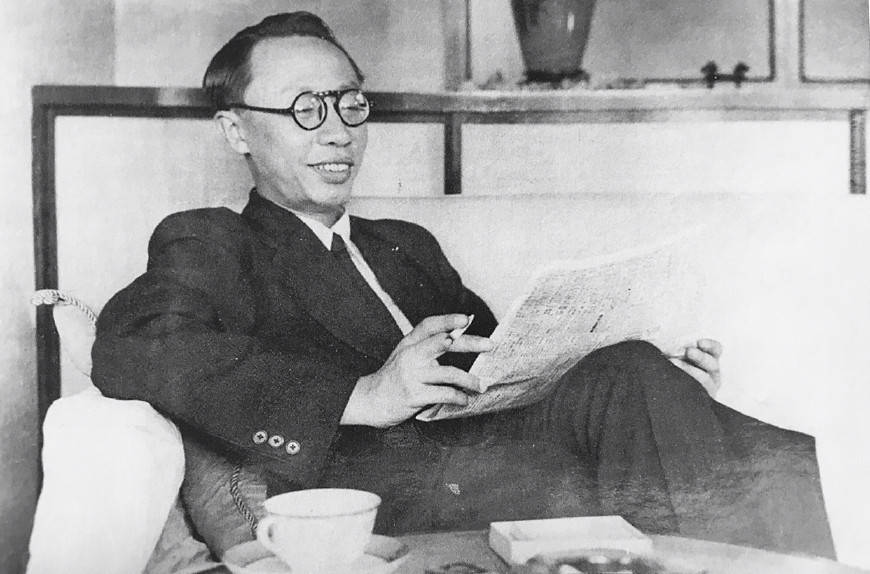In August 1928, one day, Tan Wenjiang, then commander of the 5th Division of the 12th Army of the National Revolutionary Army, visited Liulichang outside the Peace Gate. This area was the most renowned market for antiques and cultural relics in the entirety of Beiping. He entered an antique shop named Zungu Zhai and secretly reached a deal with the owner, Huang Baichuan, for a batch of cultural relics.
Despite the turbulent political climate at the time, trading in antiques at Liulichang was extremely lively. Huang Baichuan had operated his shop there for over 30 years, becoming a well-known figure in the trade. However, just a few days later, both Huang Baichuan and Tan Wenjiang were arrested by the Beiping Garrison Command due to this transaction.
Following Tan Wenjiang's arrest, military police immediately searched the room he rented at the China Hotel. Indeed, they discovered a collection of valuable antiques and treasures. Experts in cultural relics identified these items as burial objects originating from the Yuling and Dingdong Mausoleums.
It is widely known that the Yuling at the Qing Eastern Tombs is the mausoleum of Emperor Qianlong, while Dingdong Mausoleum is the resting place of Empress Dowager Cixi. Consequently, the military police concluded that the tombs of these two Qing rulers had been plundered, making Tan Wenjiang, commander of the 5th Division, a prime suspect.
The news that the tombs of two Qing emperors had been robbed was explosive at the time and shocked the nation. Tomb robbery of an emperor's mausoleum was considered a heinous crime against both law and morality, especially since these tombs housed countless priceless treasures.
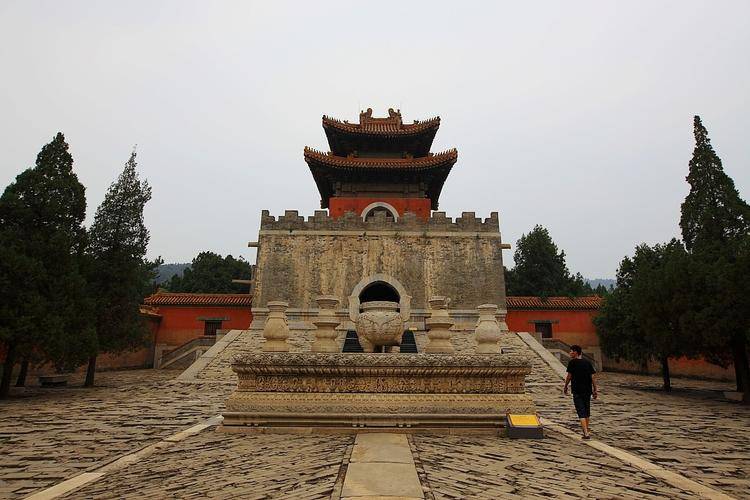
Emperor Qianlong reigned for a full 60 years and then served over three more years as the Retired Emperor, making him the longest-reigning ruler in Chinese history. He took great pride in his mausoleum, meticulously selecting materials from across the country to ensure the highest quality.
For example, the timber used was specially chosen by imperial orders from ancient forests in Sichuan, Guangdong, Guangxi, Yunnan, Guizhou, and the Greater Khingan Range in Northeast China. Precious golden nanmu wood was extensively used. The stone materials were quarried from Panshan in Fangshan and from Puxian (now Jizhou in Tianjin). Even the soil was carefully selected from dozens of miles away, chosen for its proper sand content.
The architecture of Yuling was grand in scale, with a strictly organized layout, exquisite materials, and masterful craftsmanship. Particularly notable were the subterranean palace's architectural style and artistic quality, as well as the massive number of burial treasures, all of which were rare among imperial tombs throughout history.
Reportedly, the underground palace contained not only gold, silver, and jewels but also numerous famous calligraphy pieces, paintings, and secret texts, each valued beyond measure.
Empress Dowager Cixi was an extraordinary woman who held power over the Qing dynasty for nearly half a century. Her greed and extravagance severely depleted the imperial treasury and weakened the state’s strength.
Historical records indicate that the Dingdong Mausoleum underwent two rounds of construction. The first began in 1873 at the foot of Changrui Mountain, lasting five years and costing 2.27 million taels of silver. However, Cixi was dissatisfied with the lavish mausoleum and, in 1896, under the pretext that it was deteriorating with age, ordered the entire tomb to be dismantled and rebuilt.
After her death, Cixi was buried at Dingdong Mausoleum. Her corpse was placed with a lotus leaf over her head and her feet resting on a lotus flower, symbolizing “stepping on lotus with each step.” These lotus and leaf decorations were carved from natural gemstones, rare treasures at the time.
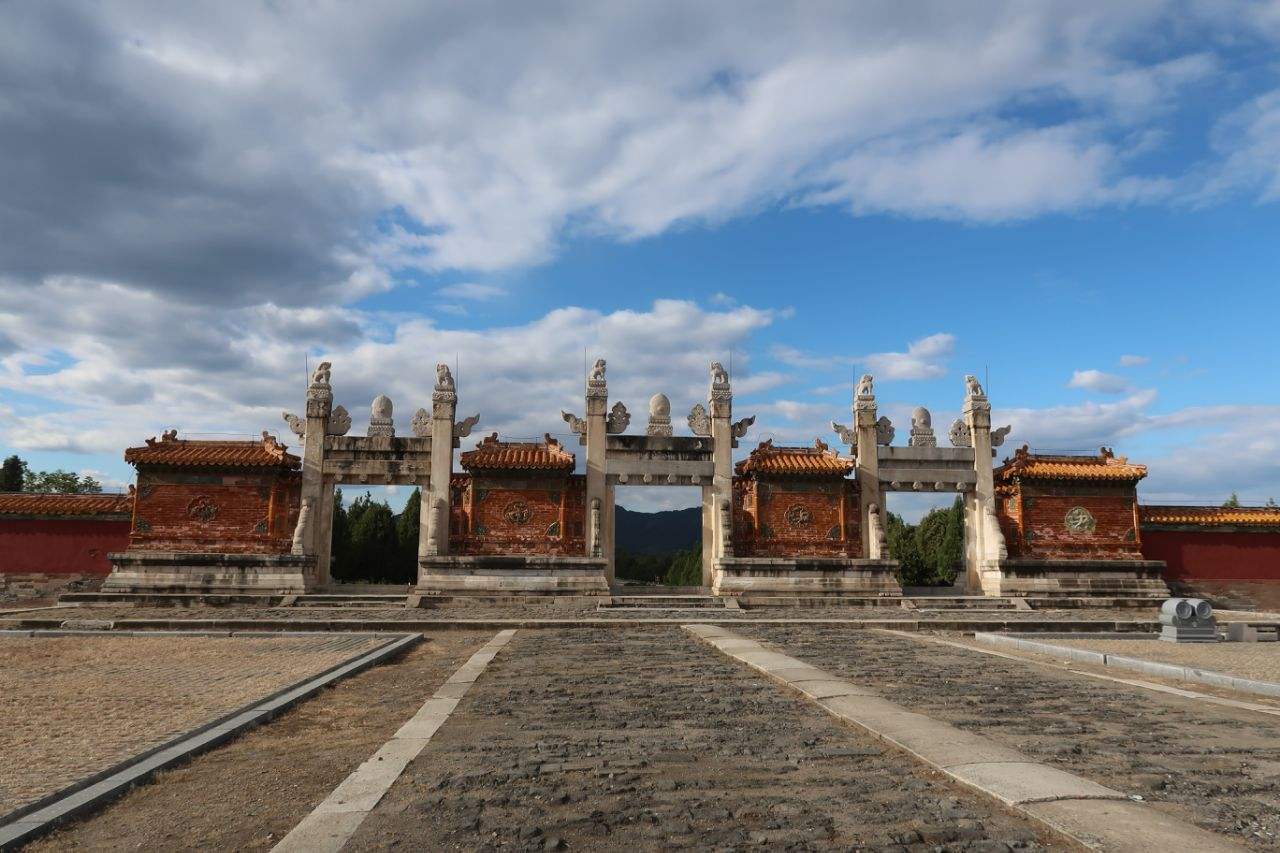
Moreover, her coffin was filled with personal items she cherished in life, and in the gaps were embedded jewelry and pearls valued at 2.23 million taels of silver. In essence, Dingdong Mausoleum was a subterranean treasury, naturally attracting the covetous eyes of many with ill intentions.
The desecration of these two imperial tombs became a focal point in public discourse. Some claimed it was the work of petty thieves, while others suggested it was a coordinated military operation. Puyi, the last emperor of the Qing who had already abdicated, along with the remaining Qing loyalists, were deeply shocked and outraged.
Though Puyi had abdicated, he still maintained a nominal \"court\" at Zhangyuan in the Tianjin Japanese concession, surrounded by some remaining Qing ministers who frequently commented on social affairs. The news of the imperial tombs being plundered was a tremendous humiliation for Puyi.
Heng Yong was the first to report that armed groups were looting the imperial tombs in Malanyu, as he resided in Beiping at the time. Shocked, he immediately wrote to Jiang Qijun, the then magistrate of Zunhua County, requesting verification of the truth.
Upon receiving Heng Yong’s letter, Jiang Qijun promptly dispatched personnel to investigate and confirmed the plundering of the Eastern Tombs. In his reply, he wrote: “This tragedy at the Eastern Tombs, especially at the mausoleums of Qianlong and Empress Dowager Xiaoqin, occurred just days before your letter arrived. The remains are in disarray, a horrifying sight.”

“Xiaoqin” refers to Empress Dowager Cixi. Only then did Heng Yong fully grasp the gravity of the situation. After several reports, the case was eventually forwarded to the headquarters of Yan Xishan’s Third Army Group.
At the time, Yan Xishan was both the commander of the National Revolutionary Army’s Third Army Group and the military governor of the Pingjin area. Upon hearing that the tombs of Emperor Qianlong and Empress Dowager Cixi had been plundered and that the underground treasures were all stolen, he was deeply shocked.
There had been previous rumors about thefts at the Eastern Tombs, but these were minor acts of petty theft. This incident was different and significant. As the newly appointed highest military and political authority in Pingjin, Yan Xishan needed to take a clear stance on this shocking case.
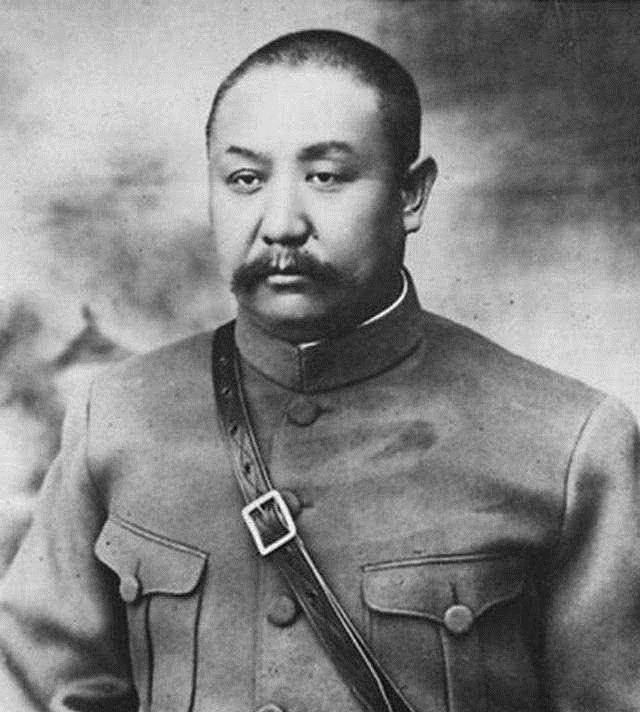
He ordered nationwide military and police forces to launch a thorough investigation, focusing on scrutinizing travelers and inspecting carried goods.
Meanwhile, in the Tianjin Japanese concession, Puyi urgently summoned Yu Peng from Beiping back to Tianjin. Yu Peng was the “Guardian Minister” responsible for overseeing the Qing Eastern Tombs. In fact, Yu Peng had long known about the tomb robbery but, due to his own compromised integrity, had been hiding in his Beiping residence, avoiding exposure.
Knowing full well that Puyi’s summons meant trouble, Yu Peng reluctantly went to Zhangyuan in Tianjin, where a memorial hall had been set up, housing the spirit tablets of Emperor Qianlong and Empress Dowager Cixi.
Previously, Yu Peng had been involved in some mismanagement and minor theft, but the situation was not severe, and Puyi had not harshly punished him. Under such circumstances, the meeting between Puyi and Yu Peng was inevitably tense. Given Puyi’s temper, he probably wished to severely punish Yu Peng.

However, Puyi was no longer a true emperor with the power to command life and death. Living confined within the Japanese concession, he was powerless to truly discipline Yu Peng.

After reprimanding Yu Peng, Puyi convened a meeting and decided to establish a “Special Investigation and Restoration Committee” to thoroughly investigate the tomb robbery and plan the reburial and restoration of Emperor Qianlong and Empress Dowager Cixi.
The committee members included Qing loyalists such as Fu Guogong Zaize, Minister of the Imperial Household Department Bao Xi, former Grand Secretary Qi Ling, and ex-Vice Minister Chen Yi.
Soon, the committee set out with more than 70 people, including attendants, officials, craftsmen, and cooks, traveling in over ten vehicles to the Eastern Tombs for an on-site investigation.
Upon entering the tomb grounds, they were shocked by the sight of ruin and devastation.
According to the diary of Bao Xi, Minister of the Imperial Household Department, upon arrival, the committee members saw the Great Monument Building in shambles. From the Great Red Gate to the large Yuling enclosure, spanning over twenty miles, all the millions of pine and cypress trees had been cut down by warlords. Though the entrances to the plundered mausoleums had been resealed, signs of disturbed bricks under the glazed walls were evident.
Additionally, outside the Yuling gates, the committee found a human rib, two foot bones, and a kneecap, demonstrating the ruthless and inhumane brutality of the grave robbers. Opening the sealed entrances revealed an even more horrifying scene inside: shattered coffins and scattered bones littered the tomb passages.
Xu Rongsheng, a member of the “Special Investigation and Restoration Committee,” detailed the Yuling underground palace in his “Eastern Tombs Diary”:
“Inside, coffins were broken and overturned, bedding scattered in disorder, and bones lay everywhere, mixed in mud and water. It was impossible to distinguish which belonged to Emperor Qianlong, which to the empress, or which to the concubines. The scene was heart-wrenching and beyond description.”
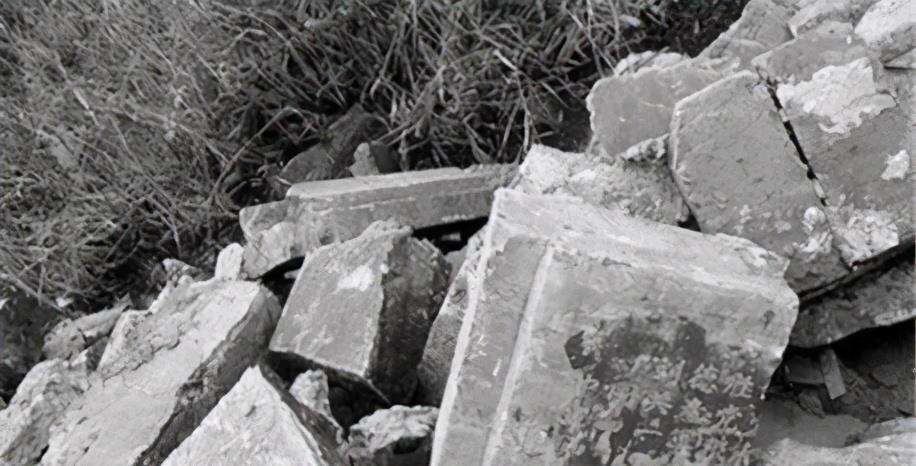
The situation at Dingdong Mausoleum was similarly grim. In the northwest corner of the underground chamber lay Empress Dowager Cixi’s body, reclining atop her coffin, with even her clothes gone.
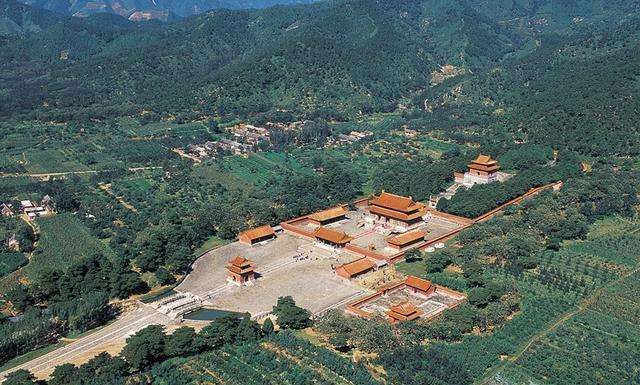
The desecration of the mausoleums of these two Qing rulers, with even their remains violated, was a human catastrophe beyond comprehension.
As the case gained widespread attention, public demand for justice grew. Tan Wenjiang, previously arrested for illicit sale of relics from the Eastern Tombs, became the prime suspect in the tomb robbery.
Just as public opinion called for severe punishment of Tan Wenjiang, a man stepped forward to defend him—Sun Dianying, commander of the 12th Army of the National Revolutionary Army’s Third Group.
Sun’s 12th Army included three divisions, with Tan Wenjiang commanding the 5th Division and being one of Sun’s most trusted officers. Seeing Tan arrested and taken to the Beiping Garrison Command, Sun, as his superior, could not remain silent and felt compelled to respond to public opinion.
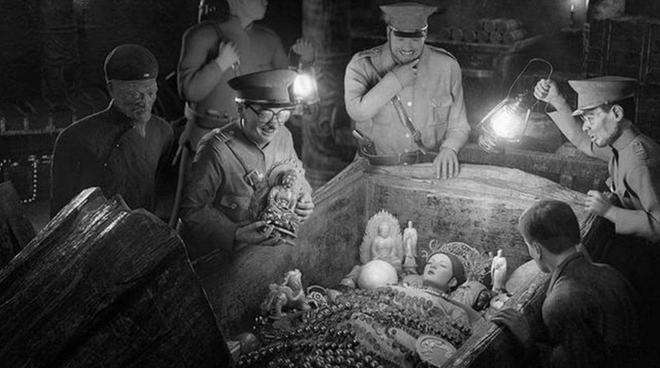
Yet, Sun Dianying was a rough military leader without much polish in official channels. He had his secretary draft an official letter addressed to his superior, Xu Yuanquan, commander of the 11th Army Corps.
In this letter, Sun detailed the locations and duties of the 5th Division from June 24 to August 3. His intention was to prove that the division had acted strictly under orders without independent initiatives.
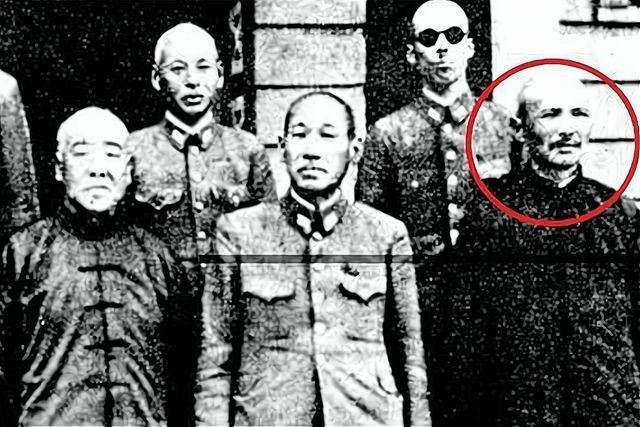
Regarding whether the 5th Division had entered the Eastern Tombs, Sun wrote, “They did not plunder the tombs but were there to suppress bandits. The precious relics found in Tan Wenjiang’s quarters were war trophies seized from the bandits.”
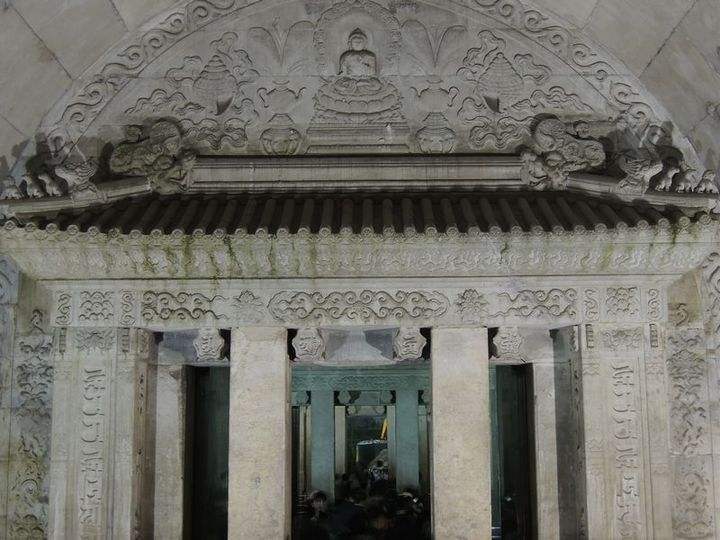
While submitting the letter to Xu Yuanquan, Sun also arranged for its publication in the Shuntian Times newspaper. The letter’s wording was carefully crafted—it did not admit or deny the tombs had been plundered, nor did it confirm whether the relics in Tan’s possession came from the tombs. It only stated that the 5th Division’s mission was an anti-bandit operation and the relics were captured from bandits.
This narrative allowed Sun to distance his division from the tomb robbery, suggesting the relics originated from criminal elements and not from official military actions, thus deflecting blame from himself and his 12th Army.
The letter’s publication stirred wide public debate and speculation. If Tan Wenjiang was truly responsible for the robbery, his superior Sun Dianying would inevitably bear significant responsibility, and some even suspected Sun might have orchestrated the act behind the scenes.
Since the Xinhai Revolution, the last Qing emperor, Puyi, had abdicated, and the Provisional Government of the Republic of China had been established. They issued the “Eight Privileges for the Qing Royal Family after Abdication,” with the fourth privilege stating:
“After abdication, the ancestral temples and mausoleums of the Qing emperors
